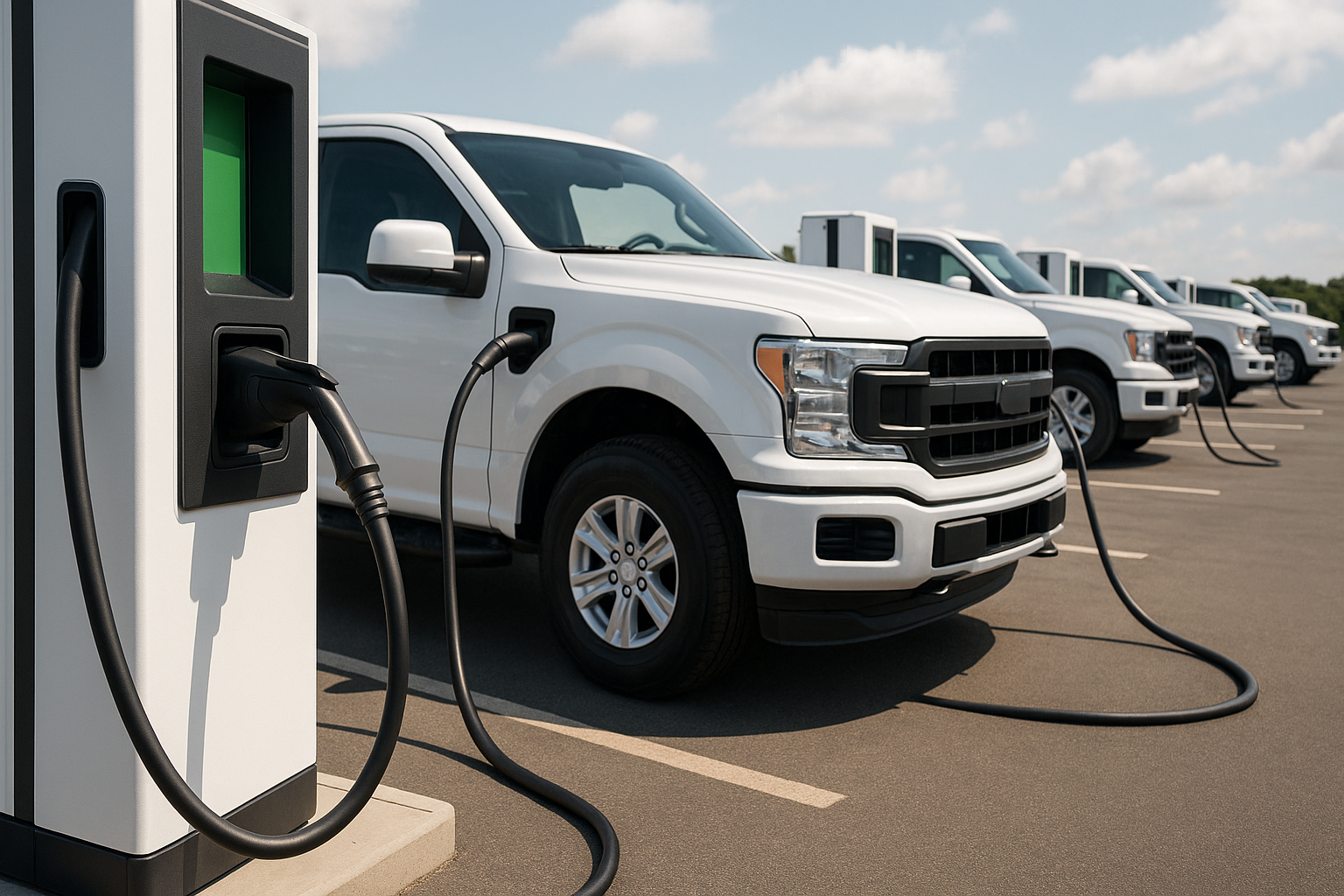Paving the Way for Utility Managed EV Charging in India

One unintended outcome of the Covid pandemic was reduced local pollution and CO2 emissions worldwide. Take Delhi, for example, which frequently records high levels of particulate pollution and an average PM 2.5 level that’s approximately 70 times greater than the World Health Organisation's safe limit. When most vehicles were taken off the road due to a Covid-lockdown in early April 2020, residents got a rare glimpse of blue skies and clean air they rarely get to experience under normal circumstances.
Electric vehicles offer the possibility of permanent reduction in air pollution levels, which can go a long way towards clearer skies and better health for Delhi's citizens. India has made steady progress in cutting down vehicular emissions, but the increase in number of vehicles has offset those gains. In recent years, India has also prioritized low-carbon transition in energy and mobility, making a significant push towards promoting electric vehicles. While public policy initiatives and financial incentives are beginning to drive the shift towards electric mobility, the immediate need is to support the charging infrastructure to meet EV drivers' demand.
The project:
Three organisations with expertise in EV technology, policy, and infrastructure have come together to lead a project to make electric vehicle charging more intelligent and easily accessible. eDRV is an electric vehicle technology company; Council on Energy, Environment and Water (CEEW), a leading think tank; and BSES Yamuna (BYPL) is a distribution utility serving 1.7 million residents in the Delhi National Capital Region. As part of a collaboration, eDRV, CEEW, and BYPL will build a utility-led intelligent electric vehicle charging pilot for India's capital.
This project has been granted funding under the UK PACT Green Recovery Challenge Fund and has two primary objectives. The first is to provide a way to manage the electricity demand from EV charging using a suitable and scalable protocol for India. The other is to ensure that utilities and policymakers widely understand the economic benefits of EV charging. As part of the project, our organisations will develop recommendations on tariff mechanisms and lay the groundwork for what is known as utility-managed charging.
The process:
eDRV will undertake a data collection exercise in collaboration with BYPL to better understand charging behaviour for three- and four-wheeled electric vehicles. It will design a pilot based on this data to demonstrate the viability and technical requirements for demand management through EV charging. CEEW will use the pilot's data to conduct further technical and economic analysis for deferred infrastructure costs for BSES. The project team will also determine potential savings and environmental impact.
CEEW and eDRV will further use data collected to develop policy recommendations for differential tariffs and time of use pricing to manage and smoothen electricity demand curves. While EVs are still nascent in India, they are seeing a rapid pace of adoption due to their high potential for usage in business logistics and cargo applications. In summary, the project will focus on three key constituents over the course of the next one year.
Outcomes:
For utilities, the project will integrate international best practices into its strategy recommendations and help elevate the understanding of EV charging as a flexible grid resource. Through the analysis, the project partners will help BYPL and other distribution utilities across India understand economic benefits, pricing, and policy approaches to encourage EV adoption.
For changing network operators, the project will showcase the opportunity for viewing demand response as a means of achieving cost savings. As the Indian electricity markets evolve, the economic and policy mechanisms developed due to this project could pave the way for increased revenue-generating opportunities for network operators of electric vehicle charging to participate in flexibility management.
For policymakers, the project will help generate an evidence base with local data about user behavior and implementation challenges, feeding into better-informed policymaking on critical aspects such as time of use tariffs for EV charging. This will create the policy framework to incentivize charging to help achieve the country's overall climate objectives.
Ultimately, this project aims to help a faster and better-managed rollout of EV charging without incurring expensive upgrades to distribution infrastructure. Consumers, charging network operators, and EV drivers -- all stand to benefit from the improved financial health of utilities. Our consortium of partners will strive to engage end consumers and households in India's energy transition, making it a demand-driven transition that will tie closely to India’s Paris Agreement goal of reducing its carbon footprint by 30% before 2025.
To find out more about the UK PACT Green Recovery Challenge Fund and associated projects, please visit www.ukpact.co.uk/grcf.


.png)

.jpg)


